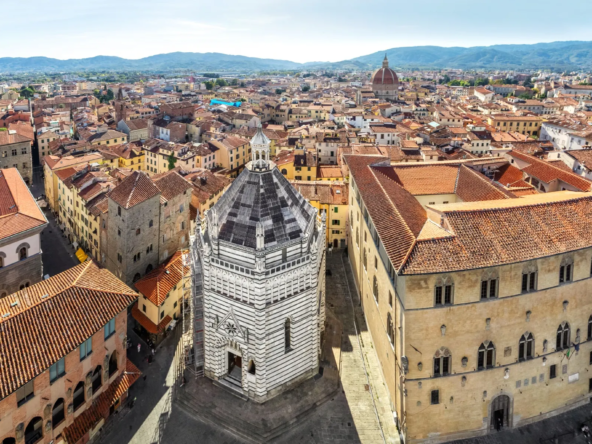Italy boasts one of the world’s best healthcare systems, providing high-quality medical services through both public and private facilities. The Italian National Health Service (Servizio Sanitario Nazionale, or SSN) offers comprehensive coverage to a wide range of residents. But who exactly is eligible to access this healthcare system? Let’s delve into the details.
1. Italian Citizens
Italian citizens are automatically eligible for healthcare under the SSN. This coverage is comprehensive, including general practitioner services, specialist visits, hospital care, and preventive services. Italian citizens contribute to the healthcare system through taxes, ensuring the sustainability of the SSN.
2. EU Citizens
European Union citizens benefit from reciprocal healthcare agreements among EU member states. If you are an EU citizen residing in Italy, you can access healthcare services similarly to Italian citizens. To do so, you need to register with the local health authority (Azienda Sanitaria Locale, or ASL) and obtain a health card (Tessera Sanitaria).
3. Non-EU Citizens
Non-EU citizens can also access the Italian healthcare system, but the eligibility criteria vary based on residency status:
- Legal Residents: Non-EU citizens with legal residency in Italy can enroll in the SSN. This includes individuals with work permits, family reunification visas, or long-term residence permits. Upon registering with the ASL, they receive a health card, granting them access to the same services as Italian citizens.
- Temporary Residents: Non-EU citizens residing in Italy temporarily, such as students or seasonal workers, may need to obtain private health insurance unless their country has a reciprocal agreement with Italy. Some regions offer temporary coverage for a fee.
- Asylum Seekers and Refugees: Asylum seekers and refugees are entitled to healthcare services in Italy. They can register with the SSN upon receiving their residency permit.
4. Tourists and Short-Term Visitors
Tourists and short-term visitors do not have automatic access to the SSN. It is advisable for these individuals to have travel insurance that covers medical expenses during their stay. However, in emergencies, tourists are entitled to necessary medical care, though they may be billed for these services if not covered by insurance.
5. Special Categories
There are specific provisions for certain groups:
- Children and Pregnant Women: Regardless of their residency status, children and pregnant women are entitled to healthcare services in Italy. Pregnant women receive free prenatal care, and children under six years old receive free healthcare.
- Low-Income Individuals: Individuals with low income may qualify for exemptions or reduced fees for healthcare services. They need to provide proof of income to the ASL to access these benefits.
6. How to Register for the SSN
To register for the SSN, individuals need to visit their local ASL office with the necessary documents, which may include:
- Valid passport or ID
- Residency permit (for non-EU citizens)
- Proof of address in Italy
- Social security number (Codice Fiscale)
Once registered, individuals receive a health card (Tessera Sanitaria) that they must present when accessing healthcare services.
Conclusion
Italy’s healthcare system is accessible to a wide range of individuals, from citizens and EU residents to non-EU citizens with legal residency. Understanding the eligibility criteria and registration process ensures that you can take full advantage of the healthcare services available in Italy. Whether you’re planning to move to Italy or simply curious about how the system works, being informed is the first step to ensuring your health and well-being in this beautiful country.




